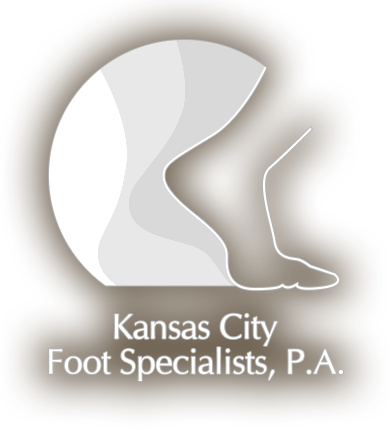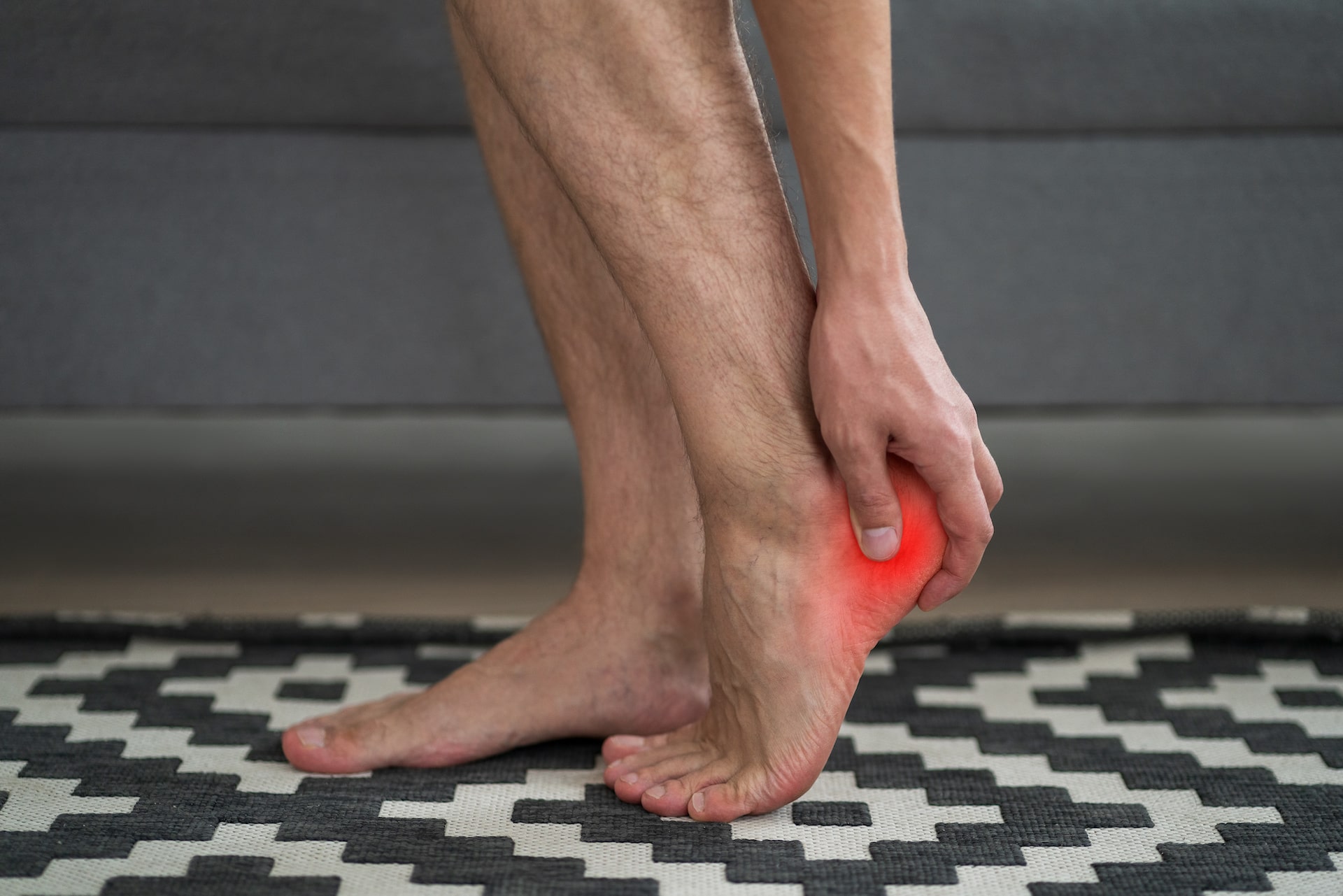High heels alter your body’s natural position
Your body’s bones, muscles, and tendons are designed to function in a specific way to help you walk, run, and stand comfortably. In fact, your feet are beautifully designed to distribute weight and absorb shock so you can put miles on them without issue.
When you wear high heels, you change those natural mechanics, and everything has to work to compensate. Starting with your toes and going all the way up to your back, regular use of high heels can cause strain and pain in various ways — and even irreversible damage.
With high heels, your weight is centered on the toes and ball of the foot, and your feet and leg muscles aren’t able to stretch and move properly. Your knees and back may take the brunt of the impact, too.
How high heels contribute to toe and foot issues
Cramming your toes into a too-narrow shoe with the force of the high heels pushing down may result in:
- Bunions: Often treatable in the early stages, a bunion will not go away completely without surgery.
- Ingrown toenails: Most of us have experienced these. They are very painful and leave you vulnerable to infection.
- Nerve damage: Morton’s neuroma, a painful nerve condition, can be treated by a podiatrist in the early stages, but more severe cases require surgery.
- Plantar fasciitis and bone spurs: This is a common condition that can cause ongoing heel pain if you don’t wear proper footwear and minimize the inflammation with your podiatrist’s guidance.
- Haglund’s deformity, or “pump bump”: This results in a bony growth on the heel that can cause pain and blistering.
How high heels strain your calves, knees, and back
The problems with frequent high heel wearing don’t stop at your feet:
- Achilles tendinitis: Walking on your tippy toes regularly will shorten your calf muscles, leaving you susceptible to this condition that could sideline you for weeks.
- Knee pain: Walking in heels regularly can put added force on your knees, and may trigger osteoarthritis.
- Back problems: When your feet and knees are out of alignment, your back will be too. If you have back pain without a known cause, take a look at your footwear.
Are high heels ever appropriate?
You don’t have to permanently give up your favorite high heeled shoes, but you should use them judiciously and listen to your feet. Aim to wear them less than three days a week, and only on days when you won’t be doing excessive standing and walking.
Also, look for heels with wider toe boxes and plenty of padding and comfort. If they hurt when you try them on, they’re going to hurt much worse after hours of wear!
Don’t ignore foot pain! Call us at (913) 338-4440 or contact us online to find out more about keeping your feet happy and healthy for a lifetime.



